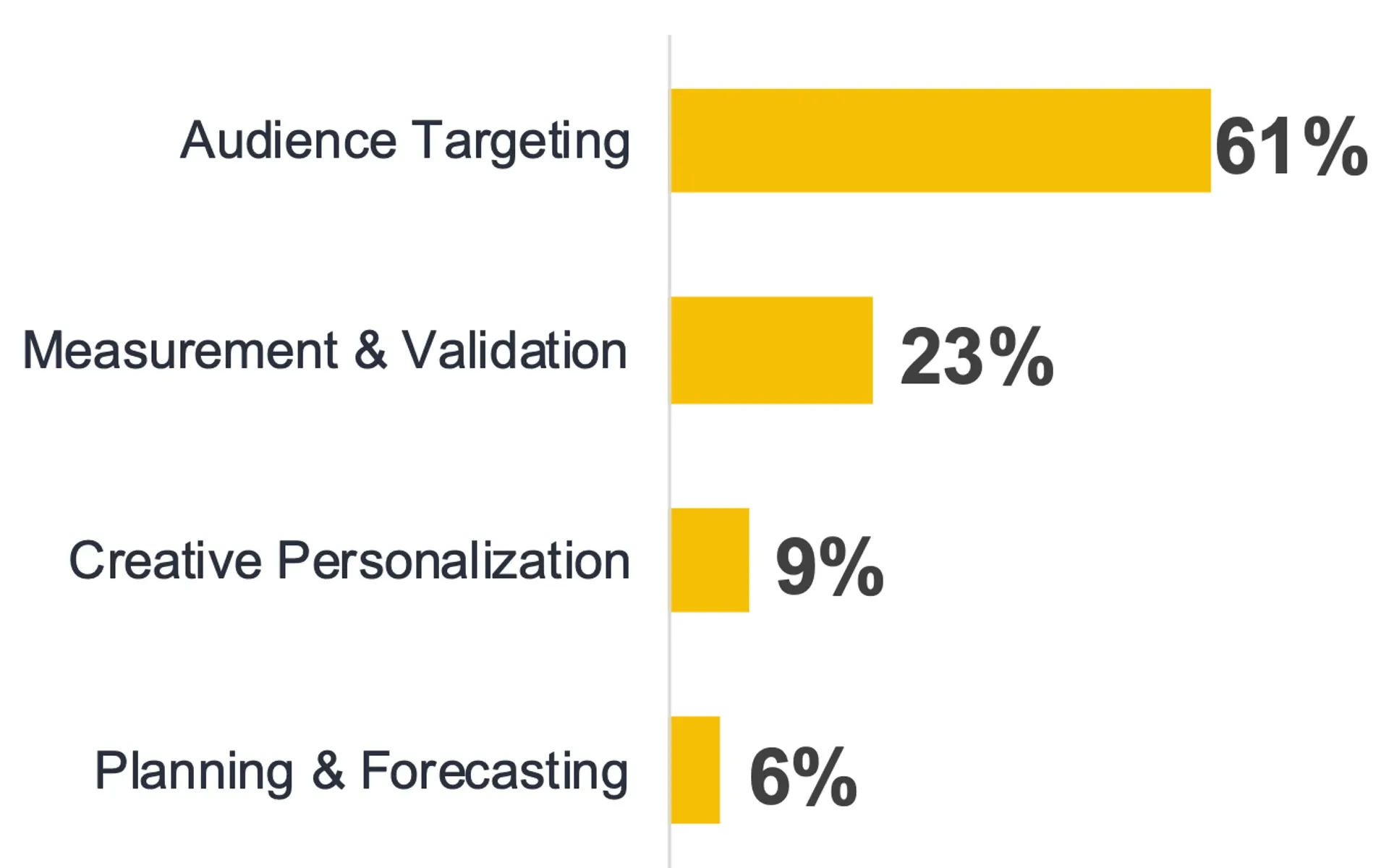Proximic Report reveals data privacy laws' impact on digital advertising
New study shows 88% of advertisers expect significant changes due to privacy regulations, with AI seen as key solution.

Proximic by Comscore this week released its inaugural State of Privacy in Advertising Report, shedding light on the profound impact of data privacy laws on the digital advertising landscape. The comprehensive study, based on survey responses from over 200 advertising decision-makers at brands, agencies, and publishers, reveals significant shifts in targeting strategies, measurement capabilities, and overall advertising approaches.
According to the report, a staggering 88% of respondents anticipate a moderate to significant impact on their ability to deliver personalized advertising in regions with data privacy laws in place. This expectation is not unfounded, as 56% of respondents reported already facing limitations in audience targeting in areas where such laws are enacted.
The study, conducted between July 11 and July 21, 2024, highlights several key findings that underscore the transformative nature of data privacy regulations on the advertising industry. One of the most striking revelations is that 61% of respondents expect audience targeting to bear the brunt of privacy law impacts. This expectation has prompted 60% of surveyed advertisers to adjust their targeting strategies to accommodate new data privacy laws.
The report also delves into the challenges faced by advertisers in adapting to the new privacy landscape. Nearly 40% of respondents reported experiencing difficulties related to audience data availability in impacted locations. Furthermore, 38% have struggled to keep up with the details and implications of each new law, while 34% have faced challenges in applying different advertising strategies across regions with varying laws.
In response to these challenges, the industry is pivoting towards alternative strategies. The report indicates that 64% of respondents are now relying on first-party and contextual data as their primary approach to audience targeting in regions with recently enacted data privacy laws. This shift marks a significant departure from traditional targeting methods that heavily relied on third-party cookies and other identifiers.
The impact of privacy laws extends beyond targeting strategies. The report reveals that 52% of respondents are already experiencing effects on their measurement and validation capabilities in regions where these regulations are in place. This has led to a diversification of key performance indicators (KPIs) used to assess campaign effectiveness. According to the study, 55% of respondents are utilizing ad engagement metrics such as clicks and click-through rates, while 52% plan to use outcome-based metrics like sales lift or conversion rate.
The financial implications of these regulatory changes are also becoming apparent. The report notes that 31% of respondents have experienced increased costs associated with data privacy compliance efforts. This financial burden is likely to influence future strategic decisions within the industry.
Looking ahead, the report suggests that artificial intelligence (AI) is set to play a crucial role in navigating the new privacy-centric landscape. Sixty-three percent of respondents believe AI will be instrumental in improving audience targeting while respecting data privacy laws. Additionally, 52% expect AI to enhance campaign measurement capabilities, and 49% anticipate its role in improving ad creative personalization.
The study also highlights a growing trend towards reducing reliance on cookies. Forty-three percent of respondents indicated that recent privacy laws have accelerated their plans to move away from cookie-based advertising. Moreover, 14% reported having already implemented a fully cookie-free approach.
In light of these findings, the industry is adopting various measures to ensure compliance with data privacy laws. Fifty-nine percent of respondents have reevaluated their data sets for compliance, while 39% have onboarded new partners who provide access to datasets adapted to new privacy laws. Additionally, 28% have invested in new technologies such as data clean rooms to enhance their privacy-compliant capabilities.
Rachel Gantz, Managing Director of Proximic by Comscore, emphasized the dual nature of the current situation, stating, "Our 2024 State of Privacy in Advertising report highlights both the challenges and opportunities that advertisers face as they navigate today's privacy landscape."
The report's findings underscore the dynamic and complex nature of the current advertising ecosystem. As data privacy laws continue to evolve and proliferate across different regions, advertisers, publishers, and technology providers are being forced to innovate and adapt rapidly.
Key facts from the report
- 88% of respondents expect moderate to significant impact on personalized advertising due to privacy laws
- 56% already face limitations in audience targeting in regions with data privacy laws
- 61% believe audience targeting will be most affected by privacy regulations
- 64% rely on first-party and contextual data for targeting in regions with new privacy laws
- 52% report impacts on measurement and validation capabilities
- 31% have experienced increased costs due to privacy compliance efforts
- 63% see AI as crucial for improving targeting while respecting privacy laws
- 43% are accelerating plans to reduce reliance on cookies
- 59% have reevaluated data sets for compliance with new privacy laws

